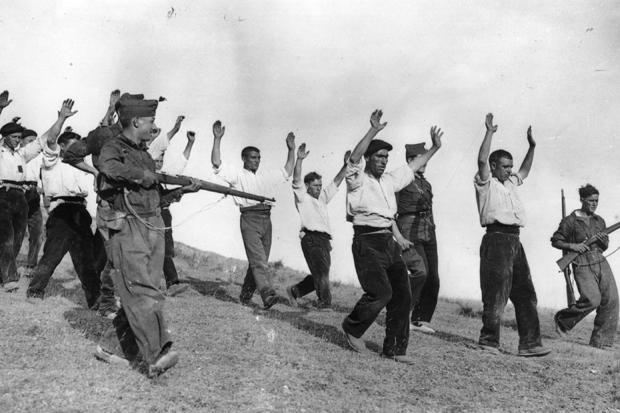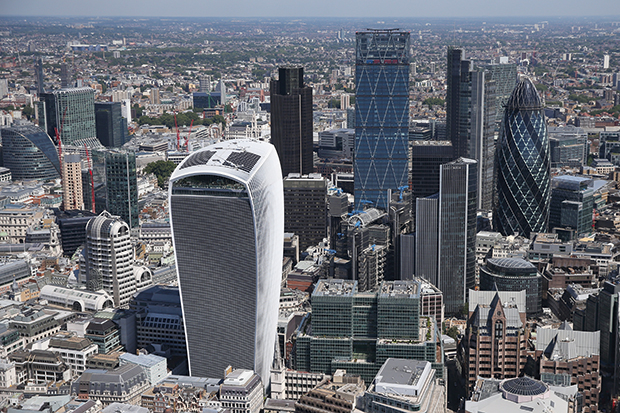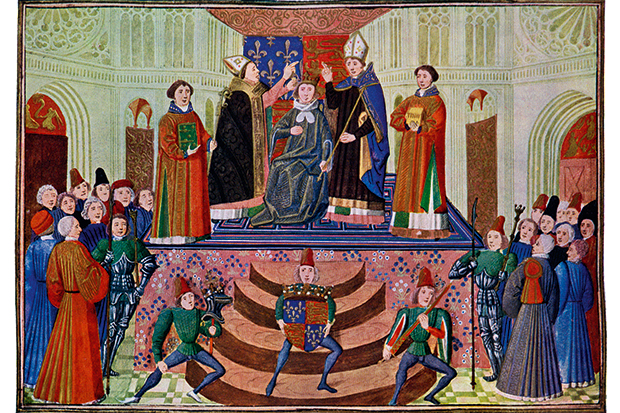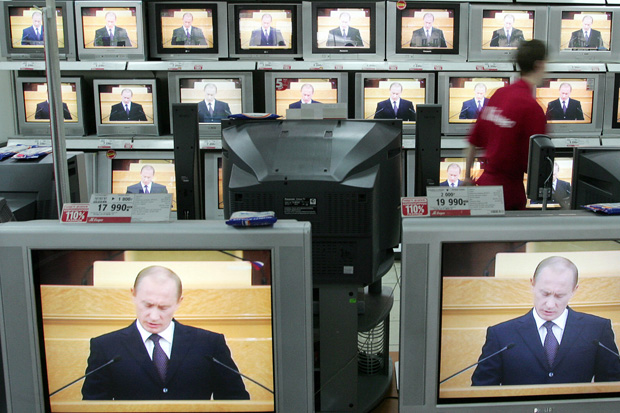One afternoon in the early 1990s, an elderly gentleman from Alicante told me of the tragedy that had occurred at his city’s port on the last day of the Spanish Civil War. He pointed towards the docks and in a hurried whisper spoke of the many thousands of desperate Republicans who had gathered there at the end of March 1939, their eyes searching the horizon for the promised ships meant to carry them to safety abroad. The rest of their territory had fallen to Franco, his execution squads busy eliminating remnants of the ‘anti-Spain’; Alicante would be the last corner to fall into the caudillo’s hands. Yet as the hours passed and no ships appeared, the would-be refugees lost hope. Dozens, perhaps hundreds, committed suicide on the spot, preferring death to capture. When the Francoist forces finally arrived, they took 45,000 people prisoner and placed them in a makeshift concentration camp. For many Republicans, it was a brief prelude to torture and summary execution.
Spanish attitudes towards the Civil War have changed since the 1990s and it is no longer quite the taboo subject it once was. Yet the emotional power of events from that time has not diminished. Episodes such as the siege of the Alcázar, the defence of Madrid or the May Days in Barcelona witnessed by George Orwell still resonate. Not least of these is the story of the final, desperate weeks of the Republic. By early 1939, following steady losses and defeats over two and a half years of conflict, Republicans had no hope of winning the war, yet the final outcome, as Paul Preston makes clear in this compelling and convincingly argued book, might well have been less ignominious and considerably less bloody.
Throughout much of 1938, the strategy of the Republican prime minister Juan Negrín had been to prolong the fight against the rebels in the hope that a greater European conflict might begin and finally bring Britain and France to his aid in an anti-fascist coalition. The Munich Agreement and its effective deferment of war with Germany scuppered his plans, yet Negrín insisted on holding out in order to negotiate an honourable peace agreement with Franco and organise an ordered evacuation of refugees. Sadly, neither of these objectives was realised when, following the fall of Catalonia in early 1939 and facing certain defeat, the Republic collapsed, descending into vicious in-fighting.
Preston’s villain of the piece is Colonel Segismundo Casado, leader of the anti-communist coup on the night of 5–6 March 1939 which ousted Negrín from power and produced a mini-civil war in Republican-held Madrid. Self-important and convinced that Franco would appreciate his elimination of ‘Reds’, Casado fell into an enemy trap which sowed chaos in the already demoralised loyalist ranks and caused the disintegration of what remained of the state.
The Republicans’ only bargaining chip — the threat of a last stand — vanished and Franco quickly reneged on any hints at clemency towards the enemy. When the final rout came, Casado and his entourage were given safe passage, but his coup buried any hope of escape for many tens of thousands of his countrymen. Francoist firing squads were kept busy for decades afterwards, killing as many as 20,000 people, with many more dying of ill-treatment in unsanitary jails.
The story of the final, tragic days of the Spanish Republic has never been told so clearly before. With a keen eye for historical detail and a painful sense of the human lives at stake, Preston paints a vivid portrait of those involved. Betrayed and exhausted, Negrín comes across as the best of a sorry bunch — and anything but the communist-controlled puppet that he has sometimes been viewed as. (If Moscow had the stranglehold on the Spanish Republic that some have claimed, why was Casado’s coup so successful in removing the communists?) In the end, the vanity of Casado and his supporters combined with the war-weariness of the Republican side brought about a finale much bloodier than it might otherwise have been.
There is an eerie coincidence between the events in Spain 77 years ago and the current crisis in Syria; parallels between the Spanish Civil War and the Syrian conflict have been drawn several times. In 1939, just as with the Syrian refugees today, European democracies tried to close the door on many thousands of people trying to escape, invoking fears that young men radicalised by extremist views might inveigle their way in.
As the Syrian war appears to be moving towards some kind of an ending, such is the confusion and multi-dimensional nature of the conflict that a bloody, farcical tragedy such as occurred in Spain may once again be played out. It is to be hoped that a timely reminder of the end of the Spanish Republic may go some small way to avoiding a repeat of one of history’s more depressing chapters.
Got something to add? Join the discussion and comment below.
Get 10 issues for just $10
Subscribe to The Spectator Australia today for the next 10 magazine issues, plus full online access, for just $10.
Available from the Spectator Bookshop, £21.00. Tel: 08430 600033
You might disagree with half of it, but you’ll enjoy reading all of it. Try your first month for free, then just $2 a week for the remainder of your first year.














Comments
Don't miss out
Join the conversation with other Spectator Australia readers. Subscribe to leave a comment.
SUBSCRIBEAlready a subscriber? Log in